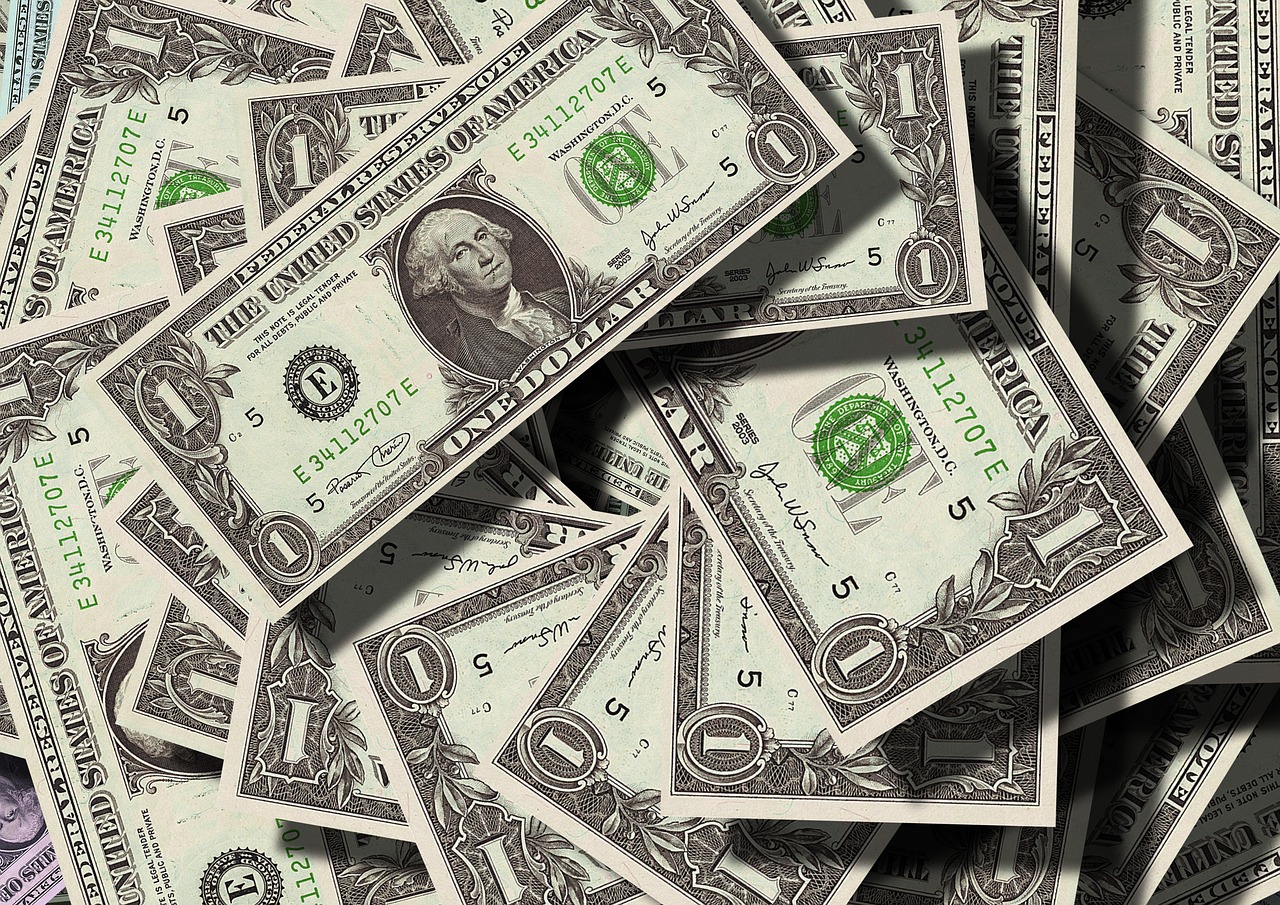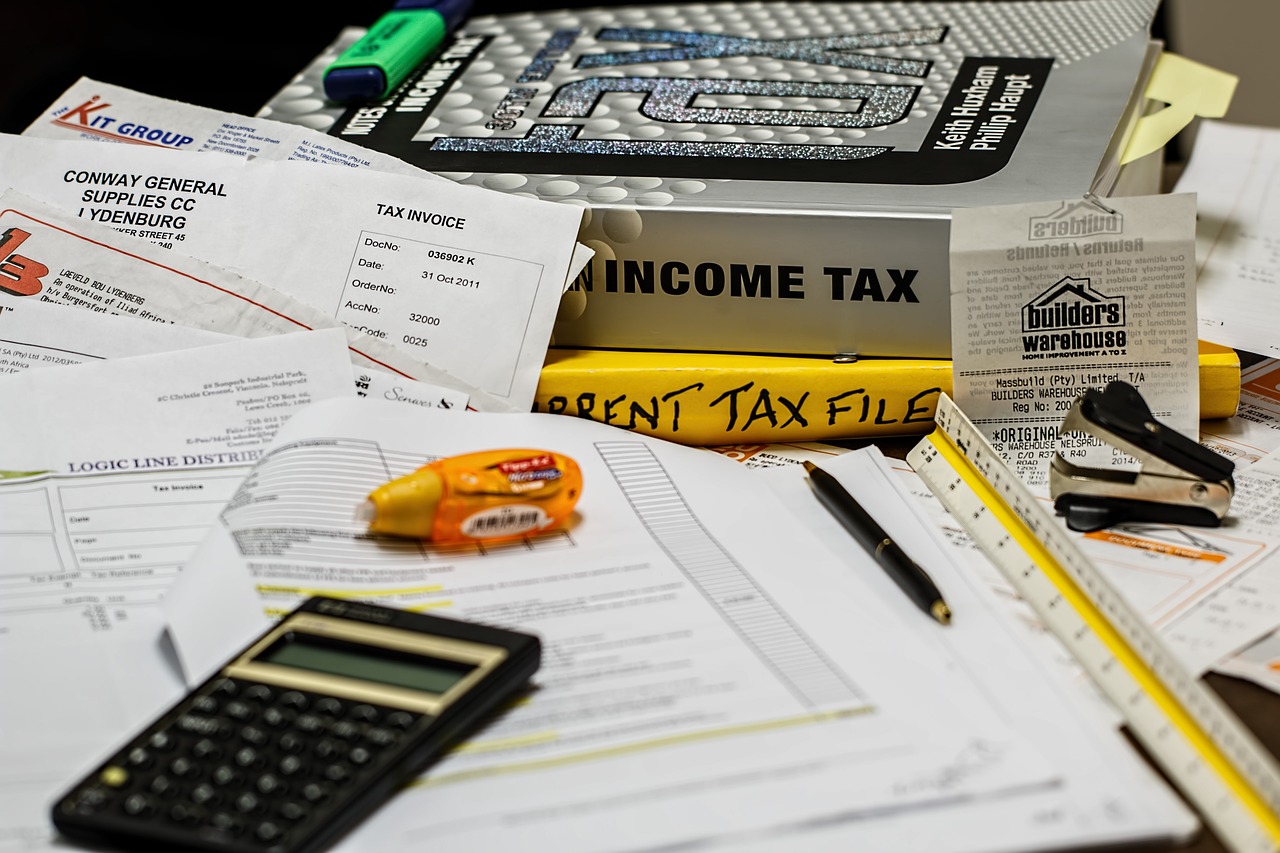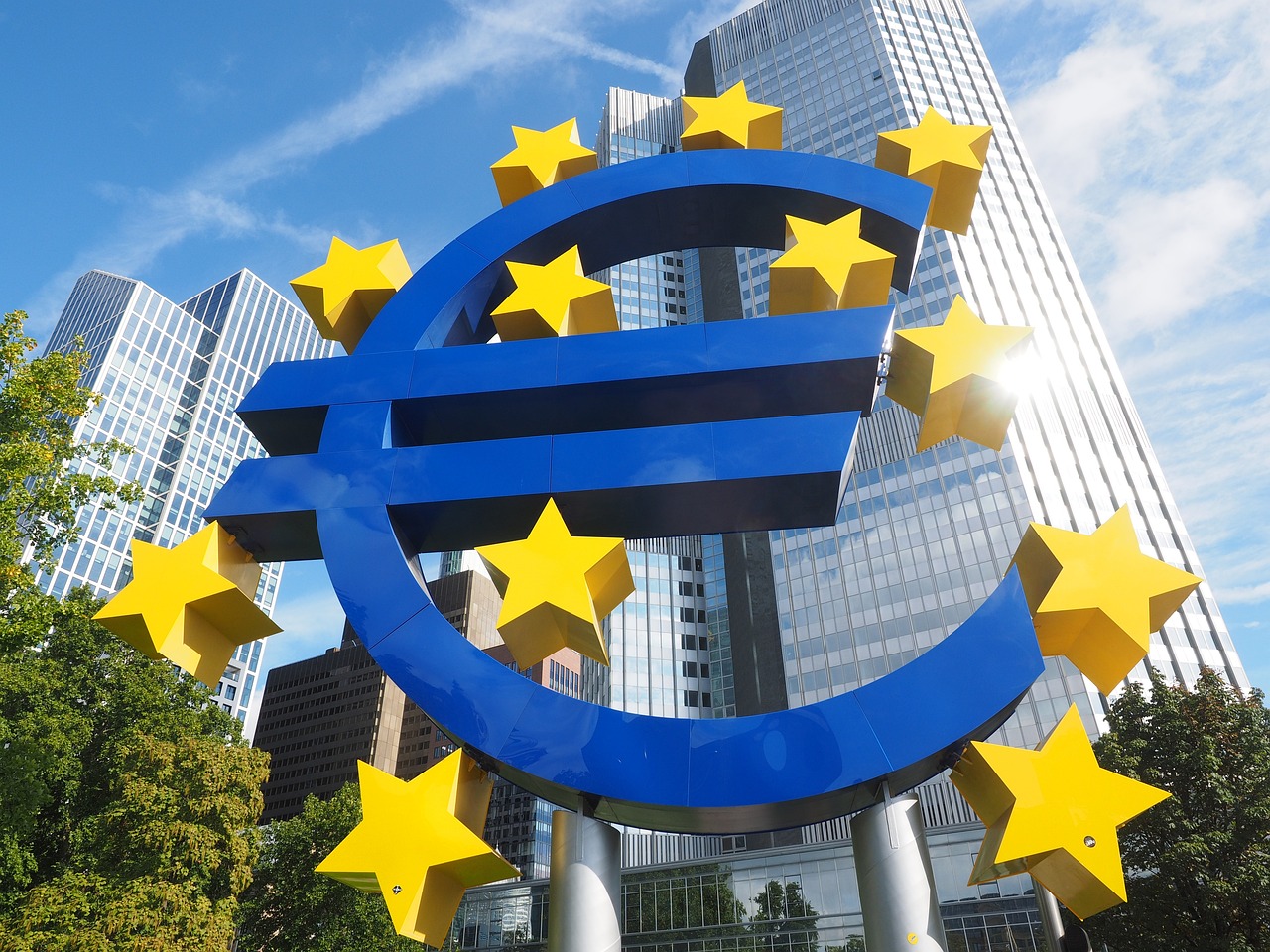
The economic exchanges and financial transactions between nations are all included in international finance. Foreign exchange markets and exchange rates are essential to international finance and worldwide trade and investment.
The value of one currency in terms of another is referred to as exchange rates. They set the exchange rate for currencies, promoting trade and investment on a global scale. Some of the commonest variables that affect exchange rates include (but not limited to) interest rates, inflation rates, economic performance, geopolitical events, and market mood.
The buying and selling of currencies occur in decentralized foreign exchange markets, sometimes referred to as forex or FX markets. These marketplaces are open around the clock, five days a week, and in several time zones. Commercial banks, central banks, businesses, institutional investors, speculators, and individual traders are some market participants in foreign exchange.
The ability to swap one currency for another is made possible by foreign exchange markets, which offer liquidity. They enable companies involved in international trade to transact goods and services across national boundaries while converting their earnings and costs into their currency.
Similarly, investors can participate in foreign exchange markets to reduce currency risks, predict future exchange rates, or execute carry trades. There are two major ways to determine exchange rates in foreign exchange markets: floating and fixed exchange rates. The market forces of supply and demand govern the value of a currency in a floating exchange rate system.
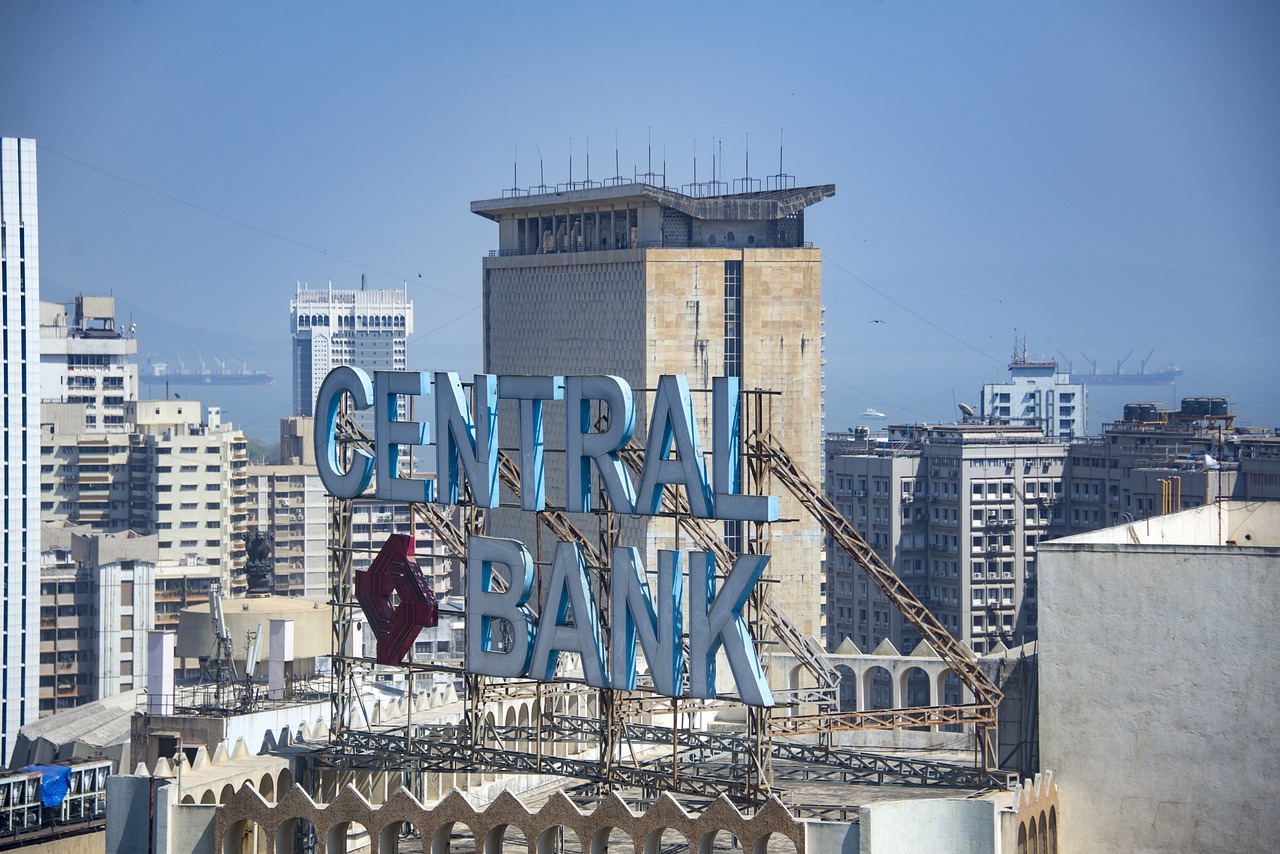
Exchange rate fluctuations result from various causes, including shifting market mood and economic conditions. In contrast, a currency's value is anchored to a specific reference currency or a basket of currencies in a fixed exchange rate system. Governments and central banks participate in preserving the fixed exchange rate by purchasing or selling currencies to control swings.
Exchange rates impact global trade because they affect how competitive imports and exports operates. While a stronger currency might lower the cost of imports while potentially reducing export competitiveness, a weaker currency can increase a country's export competitiveness and economic activity. Foreign investment flows, and the profitability of international investments are both impacted by exchange rate variations.
Understanding exchange rates and foreign exchange markets is essential for companies with global operations, investors with international portfolios, and decision-makers in charge of monetary and economic policy. Changes in exchange rates can have a big impact on financial stability, inflation, trade balances, and economic growth.
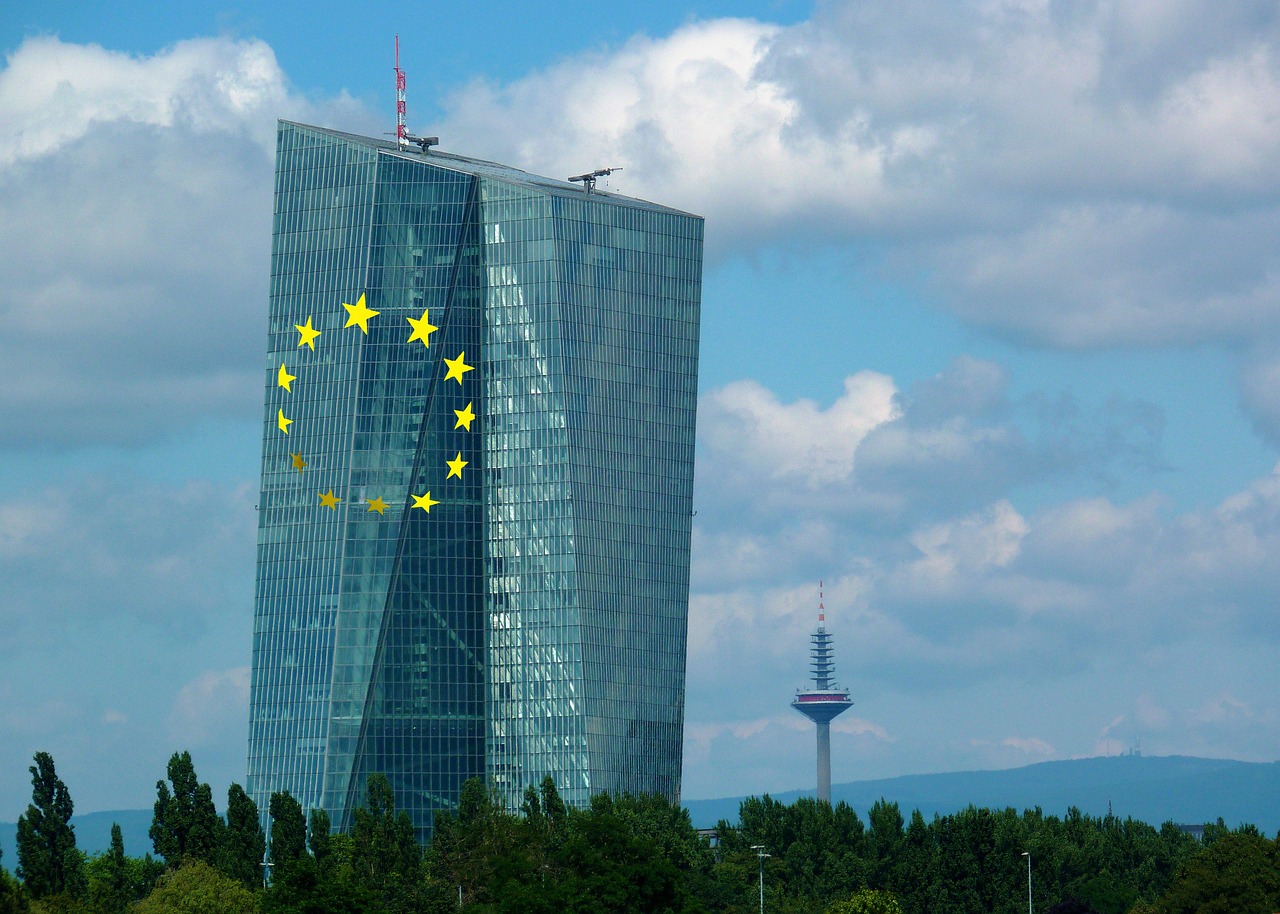
How Do Interest Rates Affect Foreign Exchange?
Interest rates affect foreign exchange in many ways, but we will base this explanation on the most basic ones. When the interest rate is low, the speculative demand for assets reduces, thereby reducing the need for foreign currencies. Most time, it targets a particular currency as well.
There are consequences, too; when the interest rate goes low, it also affects the country's investment. Investors will be compelled to pull off their investments. This action will weaken any country's currency value unless they find an alternative source. But the reverse will be the case in a situation where it goes up.
Also, a higher interest rate can increase foreign investment. This happens when there is an increase in the diversification of economic opportunities provided by these foreign investors in search of assets. To these investors, the higher the interest rate, the more profit they would make in that asset.
Conclusion
Foreign exchange markets and exchange rates are essential elements of global finance. They make exchanging one currency for another possible and ease international trade, investment, and financial activities. Various factors affect exchange rates, and foreign exchange markets offer a platform for trading currencies. For firms, investors, and policymakers to negotiate the complexity of the global economy and make educated decisions in international finance, monitoring and evaluating exchange rates is as important as regulating it
